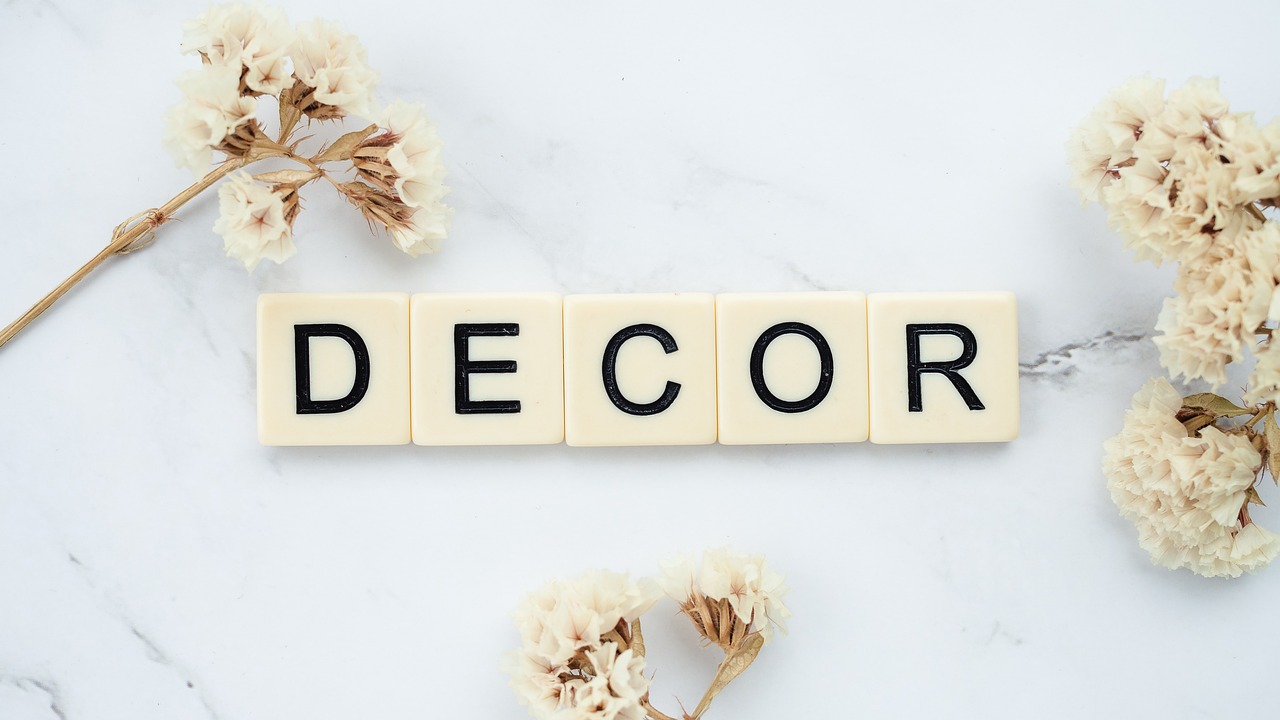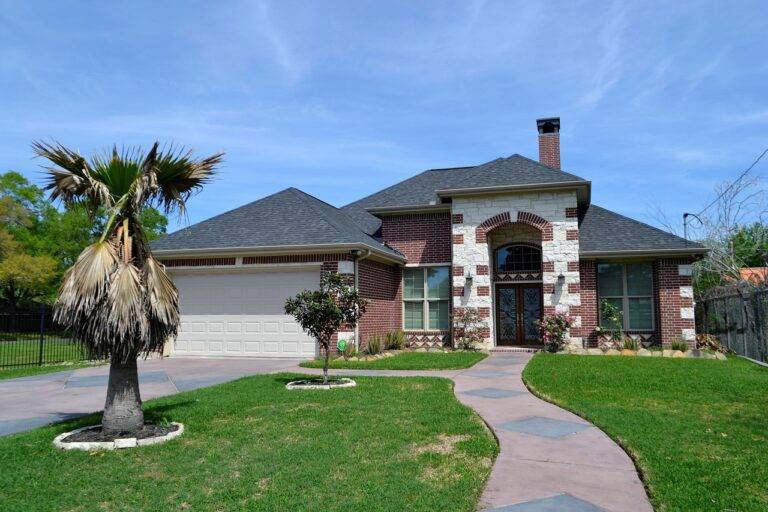Sustainable Home Renovation Practices: Reducing Environmental Impact
Eco-friendly materials are becoming increasingly popular in home renovation projects due to their numerous benefits. These materials are typically sourced sustainably and have a lower impact on the environment compared to traditional options. By using eco-friendly materials, homeowners can reduce their carbon footprint and contribute to a healthier planet for future generations.
In addition to their positive environmental impact, eco-friendly materials also offer health benefits for those living in the renovated space. These materials are often free from harmful chemicals and toxins, creating a healthier indoor environment. This can lead to improved indoor air quality, helping to reduce respiratory issues and allergies among residents.
Ways to Incorporate Energy-Efficient Appliances
When looking to upgrade your home with energy-efficient appliances, consider starting with the kitchen. Installing a new refrigerator, dishwasher, or oven that has an ENERGY STAR certification can significantly reduce energy consumption. These appliances are designed to operate more efficiently, saving you money on your energy bills in the long run.
Another way to incorporate energy-efficient appliances is by focusing on your laundry room. Upgrading to a front-loading washer and dryer can help save water and energy compared to traditional top-loading models. Additionally, choosing a dryer with a moisture sensor can prevent over-drying clothes, further reducing energy usage. By making these changes, you can create a more sustainable and cost-effective home environment.
What are some benefits of using eco-friendly materials in home renovation?
Using eco-friendly materials in home renovation can help reduce energy consumption, lower utility bills, improve indoor air quality, and reduce carbon footprint.
How can I incorporate energy-efficient appliances into my home?
You can incorporate energy-efficient appliances by replacing old appliances with Energy Star certified models, using smart home technology to control energy usage, and by utilizing energy-efficient lighting fixtures.
Are energy-efficient appliances more expensive than traditional appliances?
While energy-efficient appliances may have a higher upfront cost, they can save you money in the long run through reduced energy consumption and lower utility bills.
How can I ensure that the energy-efficient appliances I purchase are truly energy-efficient?
Look for the Energy Star label on appliances, which indicates that they meet strict energy efficiency guidelines set by the Environmental Protection Agency and Department of Energy.
Are there any financial incentives for purchasing energy-efficient appliances?
Yes, some utility companies offer rebates or incentives for purchasing energy-efficient appliances, and there may also be federal or state tax credits available for certain energy-efficient upgrades.





